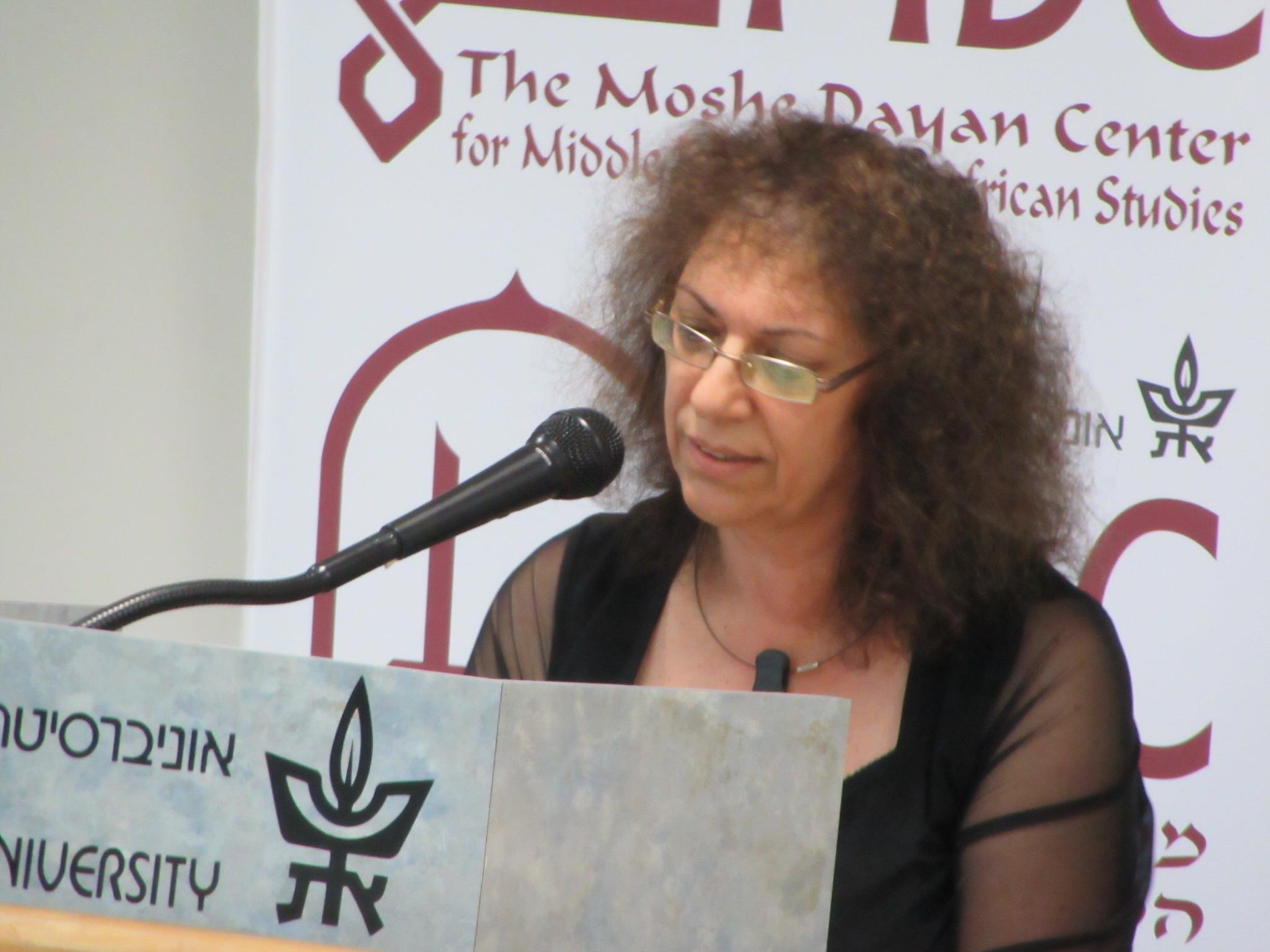
Dr. Mira Tzoreff
On 16 November 2015, the Moshe Dayan Center (MDC) held an event, “Ali Salem: The Egyptian Intellectual, Playwright, and Journalist: Man of Truth, Freedom, and Peace”, in memory of the late Ali Salem. Organized by MDC Research Fellow Dr. Mira Tzoreff, the event included a series of lectures and discussions on the Egyptian-Israeli political relationship as well as on domestic issues for Egyptian intellectuals. Salem passed away on September 22, 2015, just forty days prior to this event. He was well-known for his road trip across Israel in the 1990s, which he had characterized not as “a love trip, but a serious attempt to get rid of hate.” To remember and honor Salem’s life, this event’s lectures revolved around topics that were thematic throughout his professional life.
Opening remarks were given by MDC Director Prof. Uzi Rabi, who spoke about Salem’s personal and professional merits. As a man who had the “pulse of the Egyptian people”, Salem was able to understand Egyptian sentiment on a variety of issues, including Israel, but he was also willing to question the status quo when it became necessary. A man who actively sought knowledge and explored unpopular beliefs, Salem deepened the Egyptian-Israeli relationship and created a strong model for intellectuals attempting to approach deeply emotion-laden conflicts.
The first speaker at this event was Prof. Shimon Shamir, MDC Senior Researcher, former MDC Director, and former Israeli Ambassador to Egypt. Shamir spoke about his personal interactions with Salem in Israel, Salem’s particular sense of kinship with Mizrachi Jews, and Salem’s belief that Israel and its neighboring states should have a close, neighborly relationship. Shamir emphasized that Salem was certainly not an apologist for Israel, but that he believed Israel’s flaws were not enough to justify hostility and violence between it and other states in the region.
Dr. Yossi Amitai, Director of the Israeli Academic Center in Cairo, was the second speaker. He focused on the polemic in Egyptian society over the dynamics of the Israeli-Egyptian relationship after the 1982 peace treaty. Some Egyptians argue absolutely against Egyptian normalization with Israel, while others argue absolutely in favor of normalized relations with Israel. Of course, many others are more moderate, arguing for normalization given the meeting of certain conditions. Amitai acknowledged that this view is made quite schematic because of shifting social, economic, and political conditions. In the context of this political climate, Salem faced pressure to cut ties with Israel, but he remained strongly steadfast in his commitment to intellectual interaction and cooperation. He was a true intellectual, a man who stood true to his beliefs, regardless of whether they were popular.
The third speaker was Dr. Mira Tzoreff, who examined the difference between “mobilized intellectuals” and “involved intellectuals”. Heikel was presented as an example of a “mobilized intellectual”, which is someone who expresses beliefs in a manner that serves the regime’s interests. Salem was the opposite, he was an “involved intellectual” who was completely independent, saw himself as serving society as a whole, and was uninvolved with sectarian party politics. By remaining independent and insisting on speaking the truth, especially when it ran counter to what the government or the public wanted to hear, Salem exemplified the best traits an intellectual ought to strive toward.
The event was wrapped up with a roundtable discussion between author Mr. Eli Amir, Ms. Ayelet Yihiev, who served in the Foreign Ministry Research Department, and Mr. Idan Barir, a doctoral candidate at the Zvi Yavetz School of Historical Studies at Tel Aviv University. Professor Shamir led the panel in their discussion of their personal recollections of Salem.
This event was a success in its honoring of Ali Salem’s life and legacy. The distinguished individuals who spoke symbolize hope for the current and future generations of intellectuals who will work to facilitate open and true communication, studies, and research into the critical issues in the Middle East and of the time.







